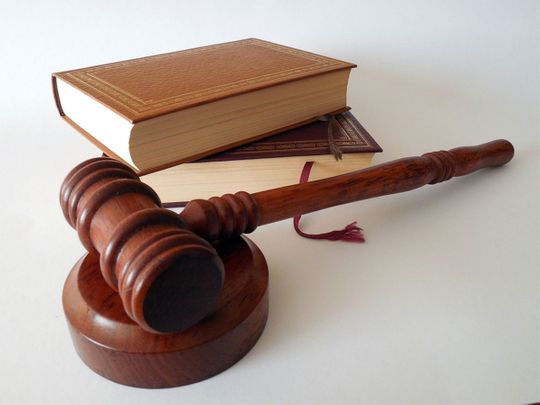
Dubai: Saudi Arabia’s Minister of Justice Dr. Walid Al Samaani reiterated that a judge has no discretionary power to apply his independent reasoning (ijtihad) in matters in which there are specific legal texts.
“The judge’s ruling should be based on fact and there is no scope for independent reasoning in matters in which there is a legal text. The minister’s statement follows the suspension of two judges and referring seven others to disciplinary trial due to controversial rulings and personal irregularities. The judicial regulations have given judges options to look at the reality and choose what suits them from the legal point of view,” Al Samaani said while addressing judges in a video broadcast on the ministry’s Twitter account.
Al Samaani noted that the value of justice lies in raising proper awareness about the judicial system in the minds of people and individuals, and then they measure its realization through the judiciary. This must be followed in court procedures as well as in the interaction of judges, and in the outputs of the judicial authorities and in their judgments. He said that the ministry is seeking to facilitate judicial work in a massive way through technology.
In mid-November, two judges were suspended from work, and the ministry decided to review two cases in which they issued two controversial rulings, the first related to the prohibition of honey shisha. The second was if it is forbidden to shave.
Earlier in October, Al Samaani, who is also the President of the Supreme Judicial Council, ordered disciplinary action be taken against seven judges who exploited their position for personal gains. The judges will be brought to a disciplinary trial.








